Politics
EU next generation defence technologies get €1 billion in funding
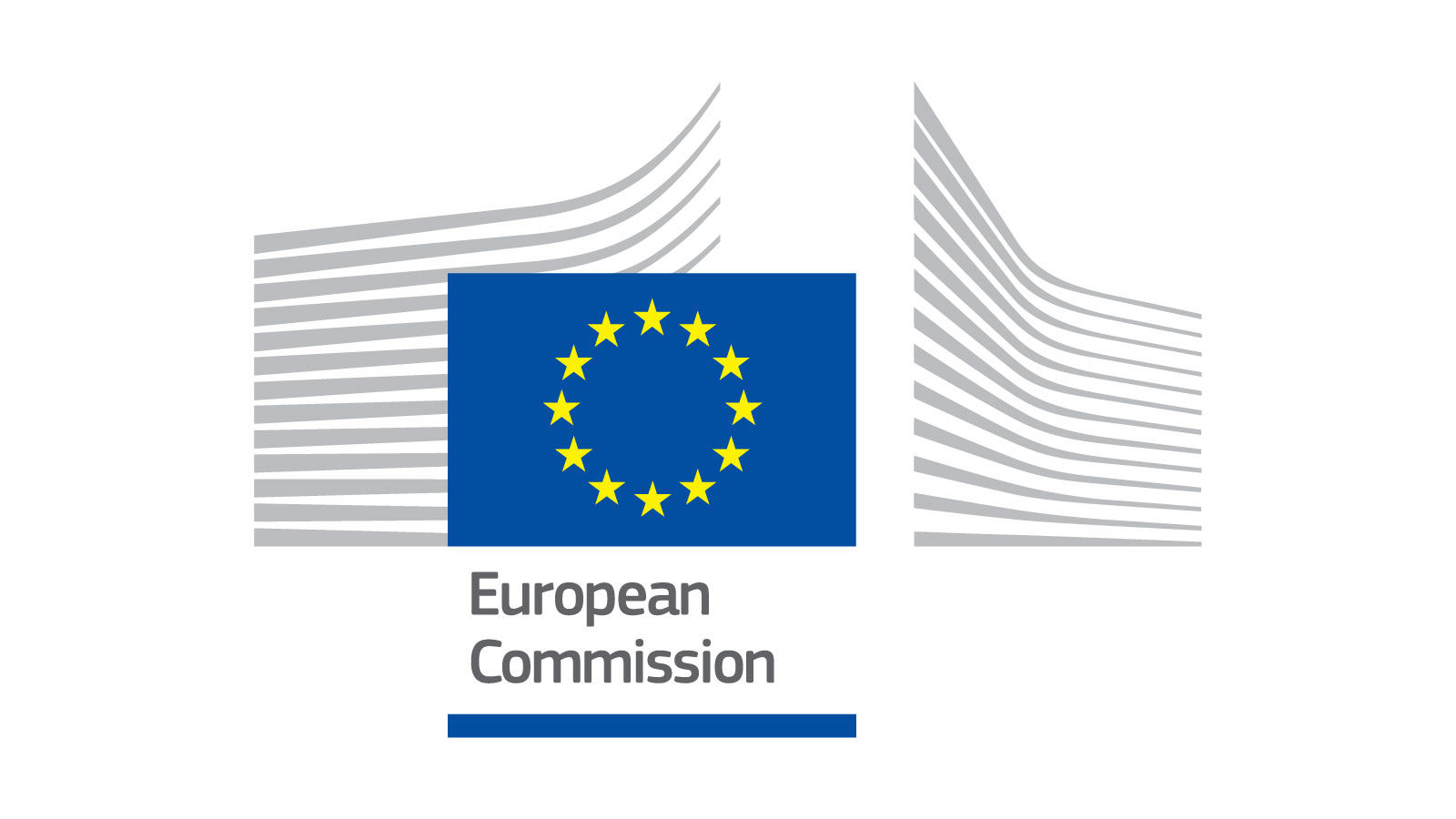

© FRVS+MPCP 2022. The European Times® News is registered as an EU Trademark. All rights reserved. The European Times® and the logo of The European Times® are EU trademarks registered by FRVS+MPCP.
Members/Partners of

About Us
Popular Category
DISCLAIMER OPINIONS: The opinions of the authors or reproduced in the articles are the ones of those stating them and it is their own responsibility. Should you find any incorrections you can always contact the newsdesk to seek a correction or right of replay.
DISCLAIMER TRANSLATIONS: All articles in this site are published in English. The translated versions are done through an automated process known as neural translations. If in doubt, always refer to the original article. Thank you for understanding.
DISCLAIMER PHOTOS: We mostly used photos images that are readily available online, from free sources, or from the people promoting the news. If by any chance it happens that we have used one of your copyrighted photos, please do not hesitate to contact us and we will take it down without question. We do not make profits as this is a not for profit project to give voice to the voiceless while giving them a platform to be informed also of general news, and it is completely free.
Editor Picks
Politics
Myanmar/Burma: statement by the High Representative on behalf of the EU on the Fourth Anniversary of the Coup
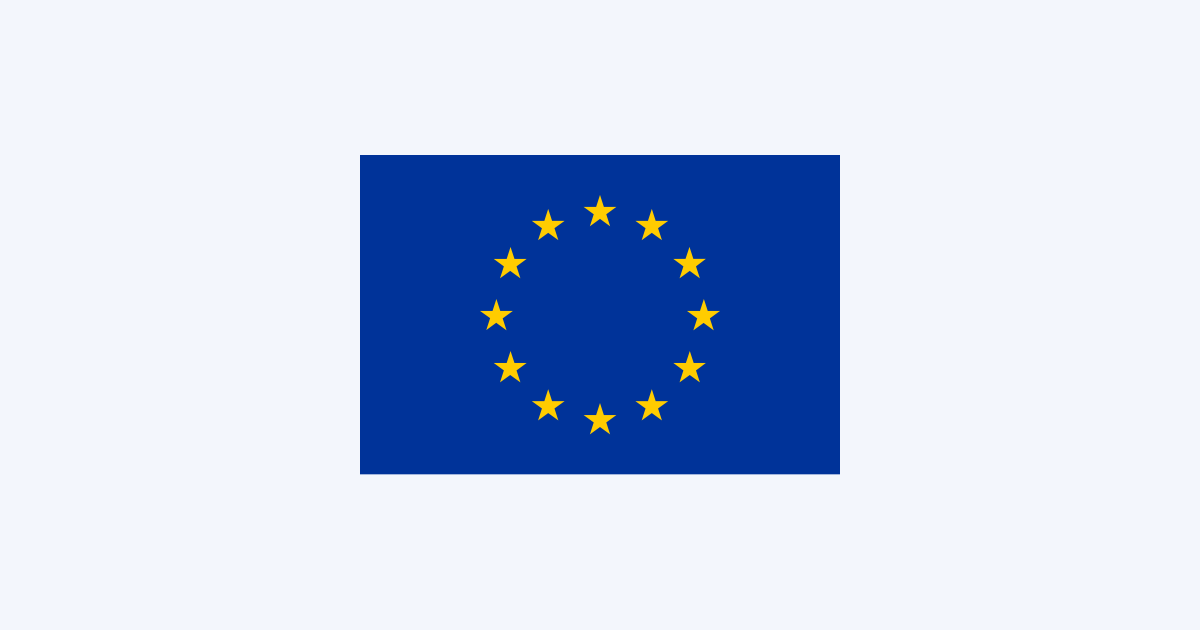
DISCLAIMER OPINIONS: The opinions of the authors or reproduced in the articles are the ones of those stating them and it is their own responsibility. Should you find any incorrections you can always contact the newsdesk to seek a correction or right of replay.
DISCLAIMER TRANSLATIONS: All articles in this site are published in English. The translated versions are done through an automated process known as neural translations. If in doubt, always refer to the original article. Thank you for understanding.
DISCLAIMER PHOTOS: We mostly used photos images that are readily available online, from free sources, or from the people promoting the news. If by any chance it happens that we have used one of your copyrighted photos, please do not hesitate to contact us and we will take it down without question. We do not make profits as this is a not for profit project to give voice to the voiceless while giving them a platform to be informed also of general news, and it is completely free.
Politics
New “superglue” brings hope to cancer patients
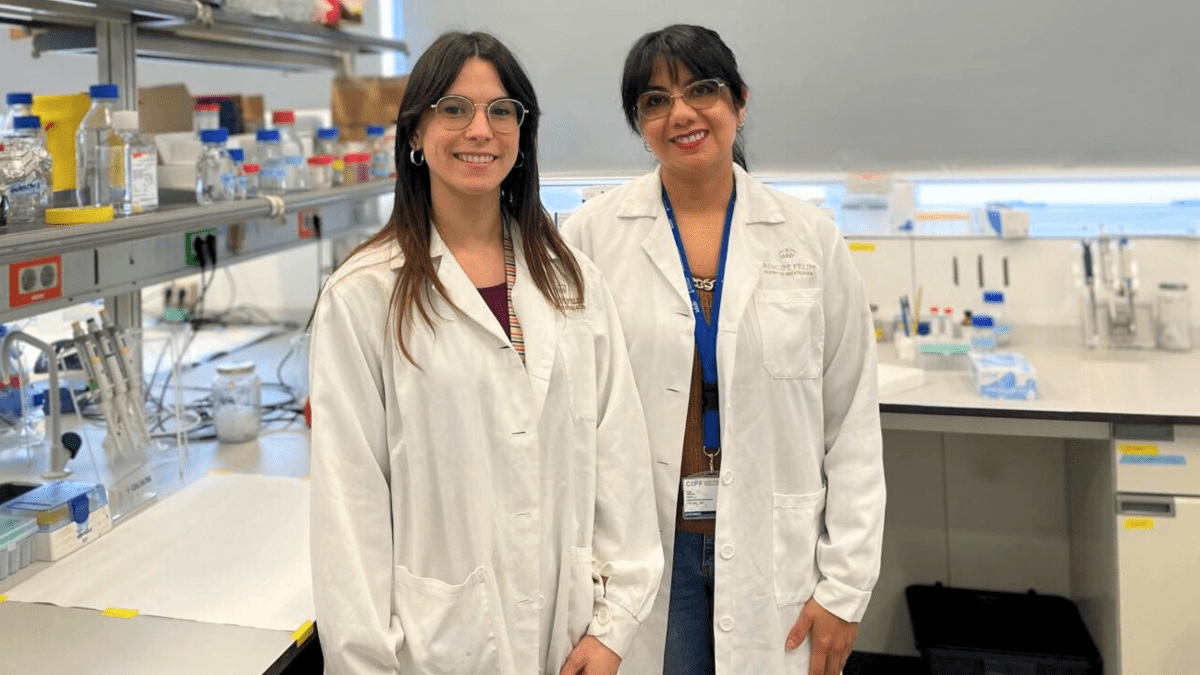
We all know someone touched by cancer. And although science is all about facts and evidence, it can also be about our personal stories and emotions.
Erika Pineda Ramírez lost her dad to cancer. Alba García-Fernández lost her grandmother and aunt, also to cancer. They are now doing research with the goal of finding more effective treatments for cancer patients.
In 2024, Alba and Erika started working on NanoGlue, a new approach to help the immune system fight cancer more effectively. Their project is funded by the Marie Skłodowska-Curie Actions (MSCA), through the ARISTOS Postdoctoral Program in Biomedicine and Health Sciences and it is developed at CIBER-BBN, Centro de Investigación Principe Felipe, and Universitat Politècnica de València.
To mark World Cancer Day, they joined our European Research Executive Agency colleague and breast cancer survivor, Sofia Pereira Sá, for a conversation on the cancer cells’ ability to hide from the immune system, the heavy side effects of treatments and the hope NanoGlue can bring to millions of patients.
More effective treatments with less heavy side effects
Sofia Pereira Sá: Let’s first talk about your MSCA-funded project. What is NanoGlue and what can its results and findings mean for patients like me?
Alba García-Fernández: Our ultimate goal is to provide more effective treatments with less side effects to improve patients’ quality of life. We do this by designing new nanoparticles and then activate the immune system of the patients to attack the tumour.
This kind of immunotherapy would be more effective and would help avoid and limit undesirable side effects, that we see with current treatments.
Erika Pineda Ramirez: We also want to study the interaction between the cancer cells and the immune cells in a metabolic level. We would then be able to propose novel and more efficient therapies.
Recent reports in Spanish news outlets have referred to the NanoGlue innovative treatment as a “superglue” for triple negative breast cancer, a notoriously aggressive form of the disease.
Sofia: Can the project’s approach have broader applications, benefiting patients with other types of cancer?
Erika: First, I want to explain why we called it a “superglue”; it is because our nanoparticles will enhance the immune system’s ability to detect and respond to cancer, helping the body to attack the cancer and kill it.
Alba: The nanoparticles are a versatile platform, and we can select and modify them depending on our needs. We chose to test it with triple negative breast cancer because it represents a major health challenge. It’s a good starting point for validating our nanoparticles.
Sofia: How are you combining different scientific areas and how can that be crucial to achieve better scientific results?
Erika: We work with experts in nanotechnology, biotechnology, biology, metabolomics, and oncology. Having all these people with different expertise helps us see the problems from different angles and find better solutions.
The future of cancer research – a patient’s perspective
Erika: What was the biggest challenge for you as a patient?
Sofia: The side effects played a big role when it came to my physical and mental wellbeing. Especially because all these side effects prevented me from being the mum I wanted to be for my one and half-year-old son. I couldn’t play with him, I couldn’t bathe him, I couldn’t take him to school. This was the hardest part of the whole treatment. It was heartbreaking.
My diagnosis was made in summer 2023 and after 20 rounds of chemotherapy I still feel some side effects, such as the so called “chemo brain”. I’d love to see therapies advance in a way that gives patients a better quality of life.
Erika: Besides reducing side effects, what do you think researchers should be aware of doing cancer research?
Sofia: Being only 34 years old and seeing the chemotherapy medication going into my bloodstream and knowing that I was somehow “poisoning” myself to get treated was a very traumatic experience. Thankfully, you and other cancer researchers are already tackling that by trying to find more targeted therapies.
A second thing I think is important is fertility. More and more young women are being diagnosed with hormonal breast cancer exactly when they are planning to have children. I wish researchers could find a way to preserve breast cancer patients’ possibilities of still becoming mothers.
The future of cancer research – a scientist’s perspective
Sofia: What do you think cancer researchers will be focusing on in the next years?
Alba: My immediate thought is personalised medicines for both treatment and diagnosis.
Erika: I totally agree with Alba – personalised medicine is the future but also having more multidisciplinary because we need expertise from different areas.
Sofia: What is your experience with EU funding, and how do you think it will be relevant for your work on NanoGlue?
Alba: I have had previous experience with EU funding, as I was part of a project funded by the EIC Pathfinder programme for cancer therapy. It is thanks to EU funding that us researchers can work on innovative ideas like this and explore different paths. I believe NanoGlue is a next level initiative for our future.
Erika: EU funding helps us take ideas and turn them into actions. I wanted to do cancer research for years, but in Mexico, my home country, I didn’t have much support to do it. The MSCA funding gave me this great opportunity of working in this field with top researchers, and to use equipment I didn’t have the opportunity to use before. For me, it was a dream come true.
Discover more
Check out what the European Commission is doing to improving the lives of more than 3 million people by 2030 through cancer prevention and cure – EU Mission: Cancer. For more MSCA news and funding opportunities, visit out our dedicated page.
Curious to find out more about Alba and Erika’s research? You can check out ARISTOS’s website and follow them on social media:
Alba García-Fernández: LinkedIn
Erika Pineda Ramírez: LinkedIn, X
ARISTOS Program: LinkedIn, X
Politics
EU invests €1.2 billion in cross-border energy infrastructure
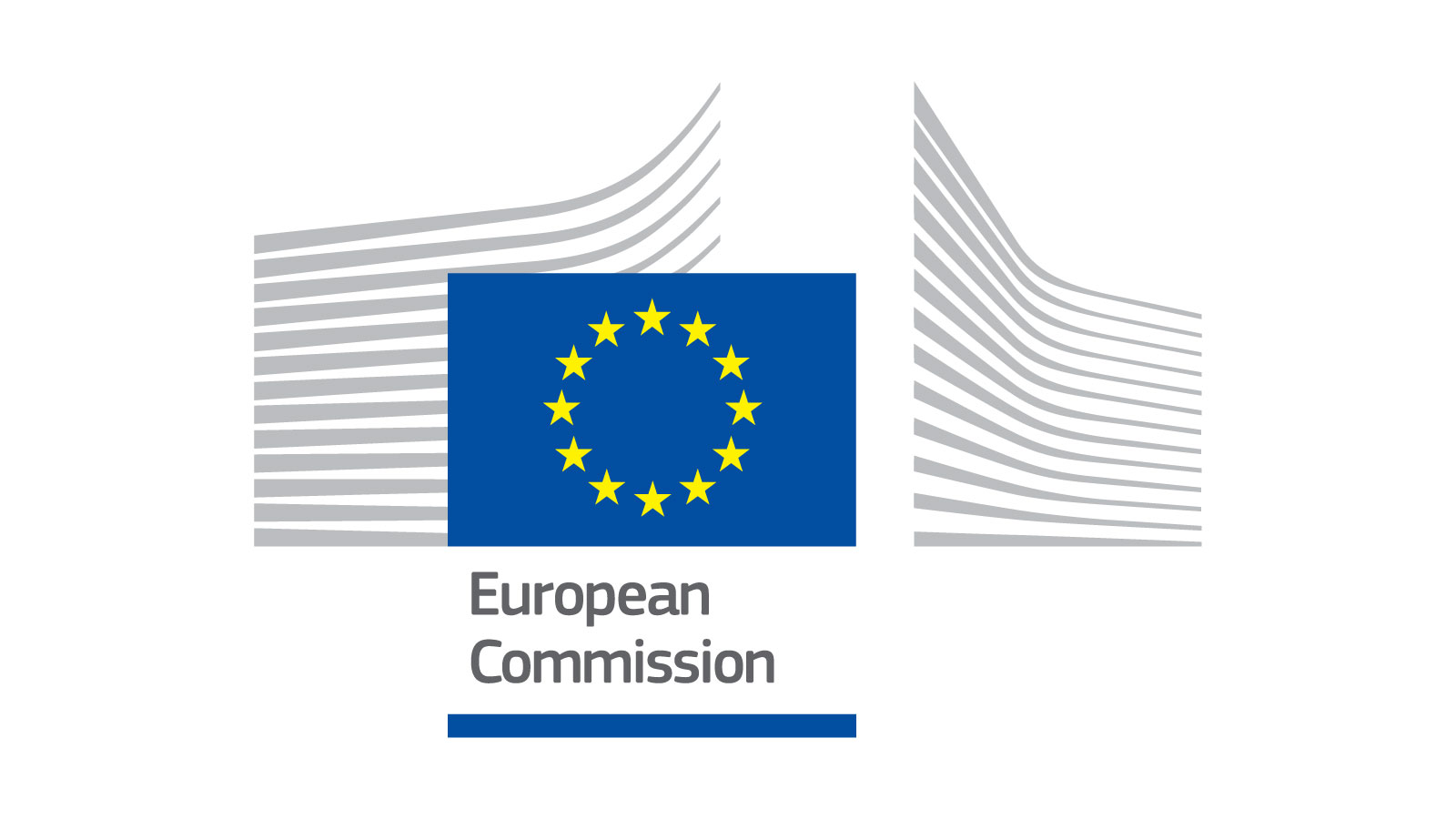

© FRVS+MPCP 2022. The European Times® News is registered as an EU Trademark. All rights reserved. The European Times® and the logo of The European Times® are EU trademarks registered by FRVS+MPCP.
Members/Partners of

About Us
Popular Category
DISCLAIMER OPINIONS: The opinions of the authors or reproduced in the articles are the ones of those stating them and it is their own responsibility. Should you find any incorrections you can always contact the newsdesk to seek a correction or right of replay.
DISCLAIMER TRANSLATIONS: All articles in this site are published in English. The translated versions are done through an automated process known as neural translations. If in doubt, always refer to the original article. Thank you for understanding.
DISCLAIMER PHOTOS: We mostly used photos images that are readily available online, from free sources, or from the people promoting the news. If by any chance it happens that we have used one of your copyrighted photos, please do not hesitate to contact us and we will take it down without question. We do not make profits as this is a not for profit project to give voice to the voiceless while giving them a platform to be informed also of general news, and it is completely free.
Editor Picks
-

 EU & the World6 days ago
EU & the World6 days agoASAP Rocky’s Mom & Dad: All About His Parents
-

 Sports5 days ago
Sports5 days agoSerie A 2024-2025: Genoa-Monza, the likely lineups
-

 Politics6 days ago
Politics6 days agoDemocratic Republic of the Congo: Statement by the High Representative on behalf of the EU on the latest escalation in eastern DRC
-
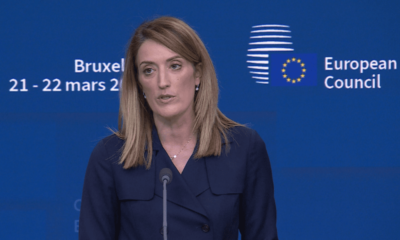
 Politics6 days ago
Politics6 days agoRoberta Metsola – European Leadership And Political Representation
-
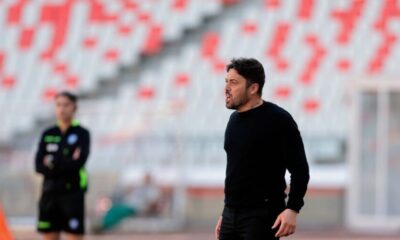
 Sports5 days ago
Sports5 days agoSerie C, round C, 2024-2025: Altamura-Taranto, the probable formations
-

 Sports6 days ago
Sports6 days agoBundesliga 2024-2025: St. Pauli-Union Berlin, the likely formations
-
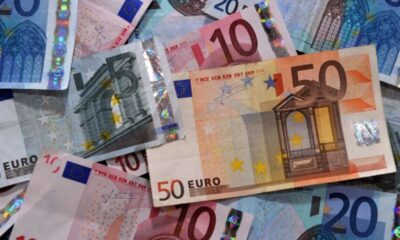
 Sports4 days ago
Sports4 days agoLight-laser and firecracker throwing: maxi penalty for Napoli
-
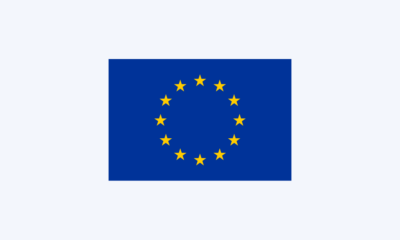
 Politics6 days ago
Politics6 days agoYemen: Statement by the Spokesperson on the latest Houthi arbitrary detentions of UN personnel in Yemen








